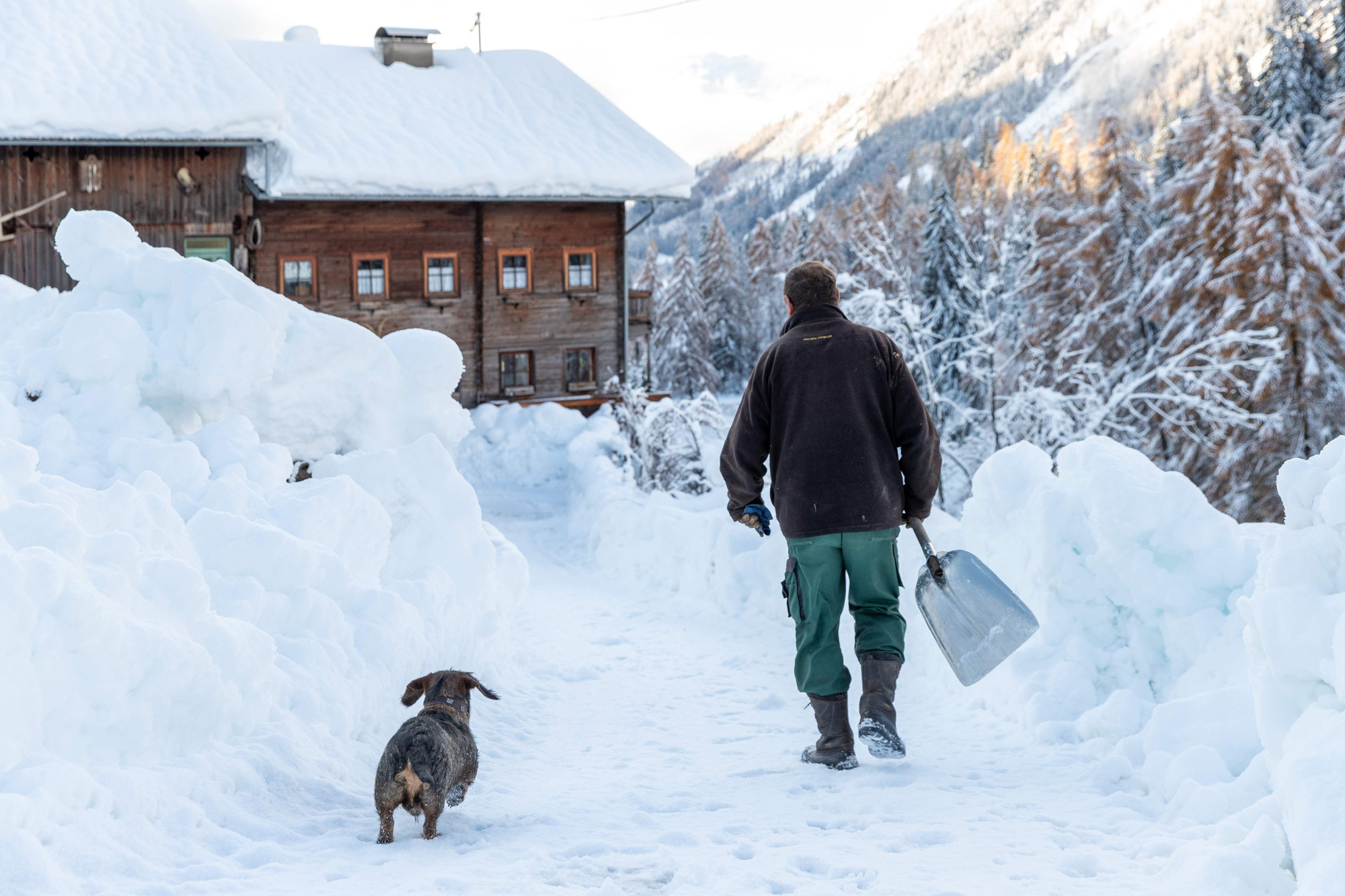On a recent day in Denver, snow fell just eight hours after the temperature had hit 28 degrees. Such "weather whiplash," which stands to become more common, adds to the risks of climate change. One counterintuitive argument, though, suggests that climate change may, at the same time, prolong human life by lowering the peaks in death rates that occur in winter months. Unfortunately, the evidence suggests this benefit will be slim, if it occurs at all.
Mortality rates are indeed much higher during winter — about 10 to 20 percent higher across the world than they are at other times of year. In European cities, a 1 degree Celsius decline in temperature has been correlated with a 1.4 percent rise in daily natural deaths.
Most of this increase is due to respiratory and cardiovascular diseases, though deaths from falls and related injuries also spike from December to March.

















With your current subscription plan you can comment on stories. However, before writing your first comment, please create a display name in the Profile section of your subscriber account page.